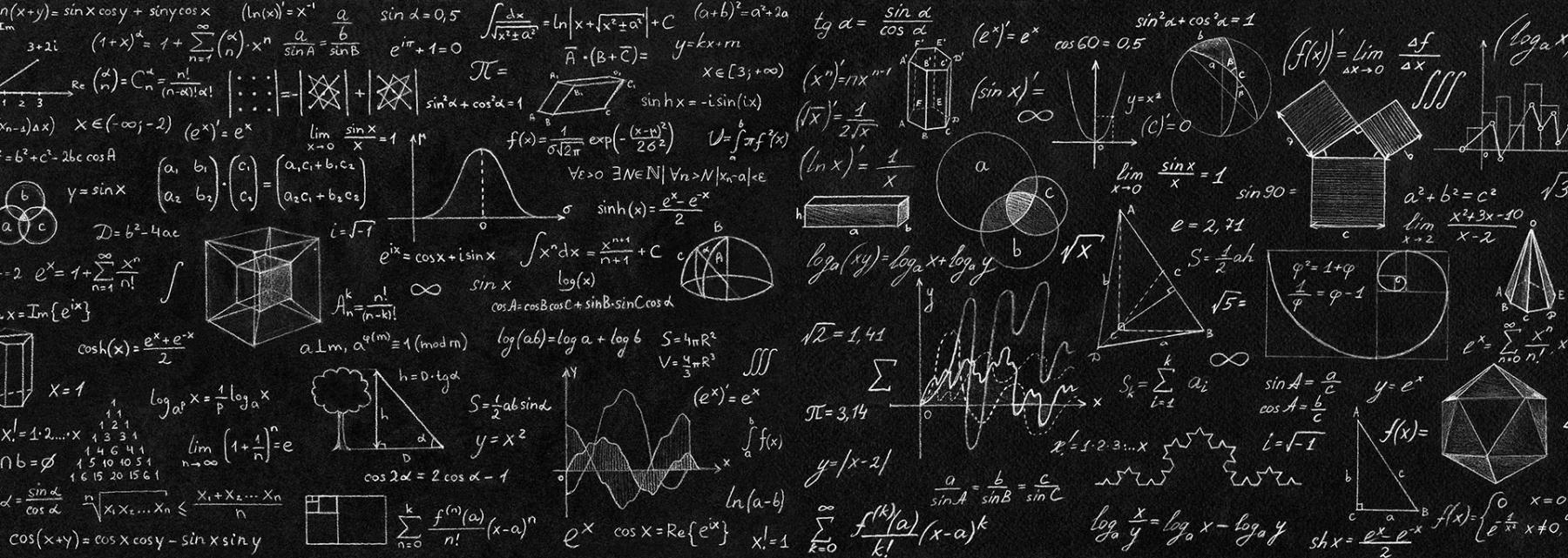
Design a Coin Operated Game Challenge using Newton’s Laws of Motion
by Carol Nowakowski
This is a multiple-day lesson plan based on Newton's 3 Laws of Motion. Students begin the lesson by collecting data observing coins moving across a table. After making the observations, students will design and create a workable game utilizing the knowledge gained through the observations from the coin lab.
Lesson Plan Link/URL
https://docs.google.com/presentation/d/1NtTJ31cg2_aiiRf2cwfCkWFxV9g-raC9/edit?u…Subject Area
Science Physical Science P1: Matter P2: Objects at a Distance P3: Net Force P4: Energy Transfer Engineering S2: Apply the Engineering Design Process S3: Apply Mathematics to Engineering S4: Apply Science to Engineering S6: Apply Communications to Engineering S7: Apply Project Management to Engineering Mathematics Measurement and Data (MD) Ratio and Proportion (RP) English Language Arts (ELA) Writing Speaking & Listening
Featured
Off
Related Content

Grades:
7th Grade, 8th Grade
After learning about solar, students will create a solar-powered device that can be used by the community. Students work in groups to engineer a device and present the final product to the class.

Grades:
Kindergarten, 1st Grade, 2nd Grade, 3rd Grade, 4th Grade, 5th Grade, 6th Grade, 7th Grade
Designed for three hour-long STEAM Club meetings for scholars from kindergarten - fourth grade. This lesson plan can also be used for fifth-seventh grade scholars. Scholars will learn about

Grades:
3rd Grade, 4th Grade, 5th Grade, 6th Grade, 7th Grade, 8th Grade, 9th Grade, 10th Grade, 11th Grade, 12th Grade
In this hands-on lesson, students use the engineering design process (EDP) to create a prototype of a device that can prevent squirrels from accessing a bird feeder. This is a great way to integrate

